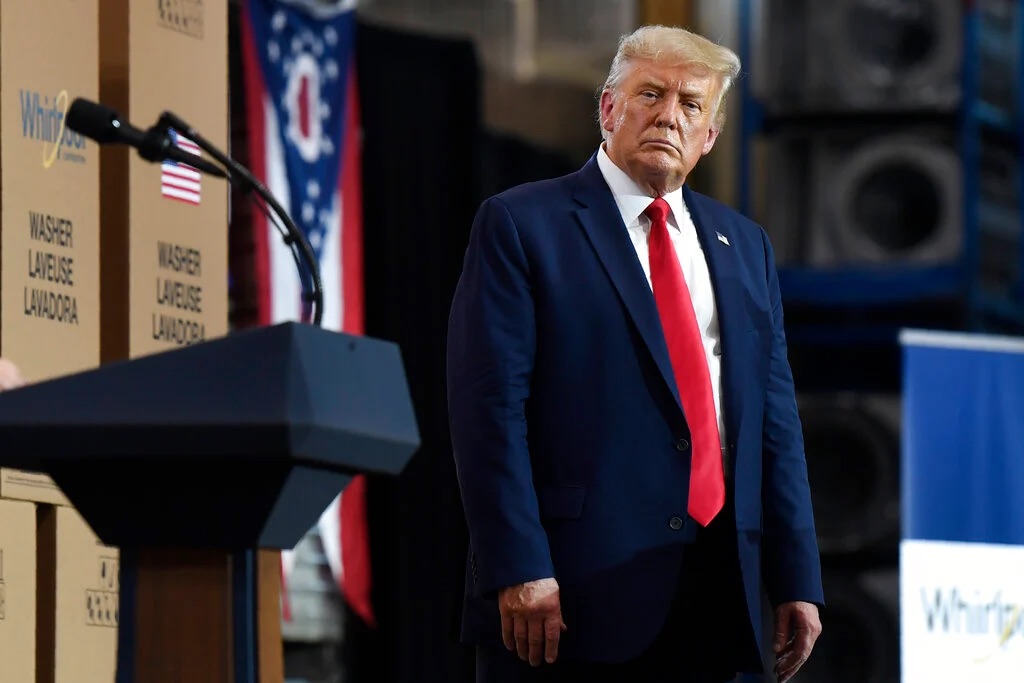Ki Young Ju, the CEO of CryptoQuant, has emphasized the necessity of regulation as a crucial element for the long-term growth and sustainability of Web3 and cryptocurrency. In a post on X (formerly Twitter) dated September 29, Ju articulated his belief that a robust regulatory framework is essential for ensuring the integrity of the crypto space, allowing it to “thrive responsibly” while minimizing scams and fostering trust among users.
Ju’s comments ignited a lively debate within the crypto community. Proponents of his views argue that effective regulation could enhance the legitimacy of the industry, while critics worry about the potential consequences of increased regulatory oversight.
Despite these optimistic viewpoints, Ju noted that the cryptocurrency industry has been marred by scams, much like any other financial sector. He stressed the need for “smart regulation” to enable long-term growth and stability within the crypto ecosystem.
“With the right rules, Crypto and Web3 can thrive responsibly. Someday, the government will make it happen. The question is, how long will it take?” Ju questioned, hinting at the uncertainty surrounding regulatory timelines.
Mixed Reactions from the Crypto Community
The reactions to Ju’s call for regulatory oversight have been mixed, reflecting the diverse opinions within the crypto community. Some users support his perspective on the need for regulation, while others view it as a potential threat to the fundamental ethos of decentralization.
- Concerns About Profitability: One commenter expressed that regulation could restrict the “huge profits” that cryptocurrencies offer, asserting that “crypto and Web3 is a scam.” This sentiment reflects a broader concern among some users that regulatory measures could stifle innovation and profitability.
- Skepticism Toward Regulators: Another user sarcastically remarked on the idea of completely surrendering control to regulators, suggesting that the community should simply “play it safe and let someone else decide what’s best.” This perspective highlights a pervasive mistrust of regulatory bodies within the crypto community.
- Debate Over Financial Motivation: A further comment questioned the underlying motivations for interest in decentralization and privacy, implying that without significant financial gain, the technological advancements in this space would be rendered moot.
The discussions surrounding Ju’s call for regulation also raised alarms about the potential for regulatory centralization, which could inadvertently reinforce monopolies and limit competition. Some users voiced their apprehensions about the human factors involved in regulatory decisions, citing the possibility of corruption and the vulnerability of regulators to biases.
A user pointed out that humans are “failable” and warned against creating an environment that could open “doors for corruption.” This user concluded that a more effective alternative might be for markets to “self-regulate,” promoting an organic approach to oversight.
The Centralization Debate
Ju’s statements have not only focused on regulation but have also touched on another contentious issue: centralization in the cryptocurrency space. He recently asserted that China currently controls approximately 55% of the Bitcoin network’s hashrate. This revelation has reignited discussions about the implications of centralization within the Bitcoin ecosystem and the broader cryptocurrency market.
The Bitcoin network’s hashrate refers to the total computational power being used to mine and process transactions. A high concentration of hashrate in one country can pose risks, including:
| Potential Risks | Implications |
|---|---|
| Centralized Control | Vulnerability to regulatory actions in one country |
| Manipulation of Market Conditions | Potential for coordinated attacks or interventions |
| Reduced Competition | Smaller players may be driven out of the market |
Ju’s call for “smart regulation” is a reflection of the growing acknowledgment that a balanced regulatory approach may be necessary to foster long-term growth in the cryptocurrency and Web3 sectors. While some community members embrace the idea of regulation as a means to mitigate risks and build trust, others remain wary of potential overreach and the implications for decentralization.
As the discussions continue, it will be vital for all stakeholders—regulators, investors, and developers—to find common ground that supports innovation while ensuring the integrity of the cryptocurrency space. The path forward may require navigating a complex landscape where regulation and decentralization coexist, presenting both challenges and opportunities for the future of digital assets.










